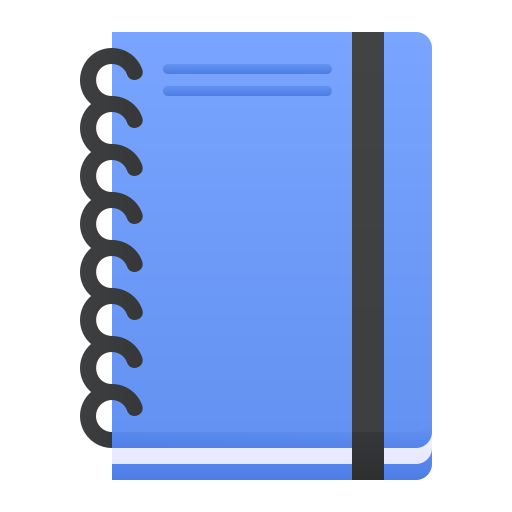The vast majority of scientists still use paper notebooks in the workspace. They are cheap, easy to use, and they let you highlight notes and sketch figures in the margins.
However, as scientists deal with ever-larger volumes of data, and scientific research becomes increasingly indistinguishable from science fiction, gluing results into a paper notebook and flipping through dusty pages begins to feel archaic.
More critically, pen and paper notebooks lack basic functionality to make them searchable, shareable, scalable, or integrated with the rest of the lab’s workflows.
Searchable
The greatest limitation with pen and paper is it’s very difficult to search, copy, and archive notes.
If a scientist wants to reference a particular experiment, they must search for a single notebook among hundreds stored in the lab’s cabinets, then try to find the raw data from an experiment that may have been performed years ago, while not recalling exactly where that information is stored.
Even if they properly record when the experiment was conducted, they may have started 3 or 4 experiments on any given date.
Considering scientific data output doubles every 3 years, using pen and paper as the primary scientific medium isn’t sustainable. A researcher or team leader should be able to find their research data in seconds.
Colabra provides a simple but sophisticated search experience, allowing scientists to retrieve their data by user, tag, textual content, timestamp, and/or structured data queries. Data is easy to search, copy, and archive, and these experiments can be linked to samples with little effort.
Shareable
When research on pen and paper isn’t searchable, that also means it’s incredibly difficult to refer to the research of others.
A scientist may want to replicate an experiment from a colleague and may need some additional information, but the person responsible has already left the organization. Or, a scientist may be currently working on a project, but can’t move forward because the person who holds the specific data set went on a holiday, or fell ill.
Scientists who weren’t directly involved in a project will often have to redo experiments, just to be safe. It’s also almost impossible to work with a collaborator in another country.
Colabra’s real-time collaborative features enable scientific research to be easily shared by distributed teams and co-edited in real time.
Scalable
When research on pen and paper isn’t shareable, this means that research isn’t scalable.
Researchers can’t link experiments to specific samples or data, share information with other lab members and collaborators, and supervise the work of other scientists on their team. Scientists responsible for transcribing their research from pen and paper to a digital medium can also potentially make an error when copying over their notes, or fail to track any subtle observations. The combination of these effects results in 54% of studies that cannot be verified.
Colabra enables the scalability of scientific research with easy sharing and linking, automatic lab note upload, and workspace protocols to save time on repetitive tasks.
And because Colabra is Title 21 CFR Part 11 compliant, researchers can collaborate in large groups, confident their notebooks contain the information to know who deserves credit for novel discoveries that might come out of their research.
Storable
Perhaps most importantly, paper notes can be easily destroyed — by a fire or flood, or even the cleaning staff who might just throw them away by accident.
Experimental records that aren’t being digitized account for 17% loss of all research data. Physical lab notebooks thus become the bottlenecks in information management. Data contained within lab books should be considered effectively lost, if it isn’t recorded digitally.
Colabra facilitates long-term storage, reproducibility, availability and IP protection of your valuable research data and experimental notes.
Integrated
Finally, scientific research is becoming increasingly complex, and the tools scientists have available reflect that growing complexity.
There is new equipment, new data types, new file formats, and new software that scientists have to use every day. These all exist in silos, unable to be brought together in a coherent fashion.
Colabra allows scientists to integrate with different note taking software, so they can import and export their documents, organize and format the data, perform calculations, create graphs and figures, and add annotations.
